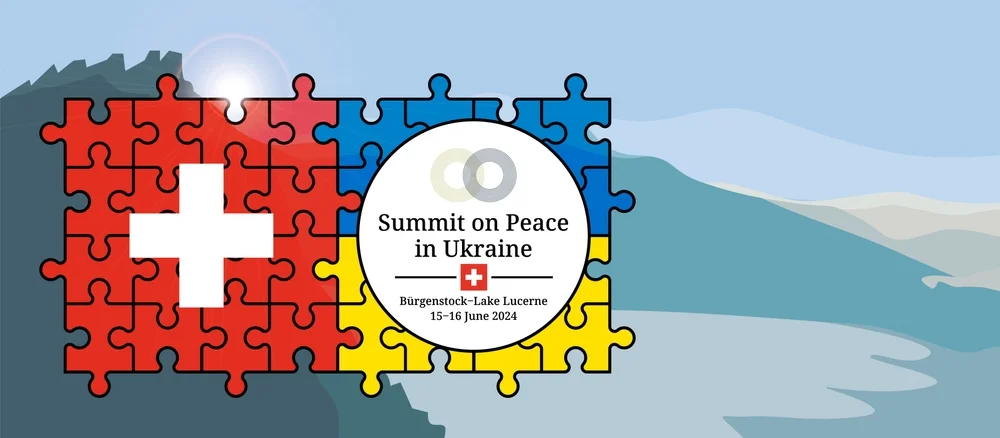Switzerland has seen a notable increase in cyberattacks and disinformation campaigns as it prepares to host a crucial summit aimed at creating a pathway for peace in Ukraine. On Monday, the government reported these developments in a press conference, highlighting the challenges of convening a high-stakes international dialogue amidst rising digital threats.
The summit, Summit on Peace in Ukraine is scheduled at a resort near Lucerne from June 15-16, and will gather representatives from 90 states and organizations. About half of the participants come from South America, Asia, Africa, and the Middle East.
Notably, absent from the attendee list is Russia which was not invited due to its lack of interest in participating. However, the Swiss government emphasized that the summit’s goal is to “jointly define a roadmap” to eventually include both Russia and Ukraine in a future peace process.
Swiss President Viola Amherd addressed the media, acknowledging the uptick in cyberattacks and disinformation efforts leading up to the event. These cyberattacks have targeted various facets of the summit, including personal attacks on President Amherd herself, particularly in Russian media outlets publicized within Switzerland.
“We haven’t summoned the ambassador,” Amherd stated in response to these attacks. “That’s how I wanted it because the disinformation campaign is so extreme that one can see that little of it reflects reality.”
Switzerland Disruption Efforts and Cybersecurity
Foreign Minister Ignazio Cassis also spoke at the press conference, noting a clear “interest” in disrupting the talks. However, he refrained from directly accusing any particular entity, including Russia, when questioned about the source of the cyberattacks. This restraint highlights the delicate diplomatic balancing act Switzerland is attempting as host.
Switzerland agreed to host the summit at the behest of Ukrainian President Volodymyr Zelenskyy and has been actively seeking support from countries with more neutral or favorable relations with Moscow compared to leading Western powers.
This strategic outreach aims to broaden the coalition backing the peace efforts and mitigate the polarized dynamics that have characterized the conflict thus far.
Agenda and Key Issues
The summit will address several critical areas of international concern, including nuclear and food security, freedom of navigation, and humanitarian issues such as prisoner of war exchanges. These topics are integral to the broader context of the Ukraine conflict and resonate with the international community’s strategic and humanitarian interests.
Turkey and India are confirmed participants, though their representation level remains unspecified. There is still uncertainty regarding the participation of Brazil and South Africa. Switzerland noted that roughly half of the participating countries would be represented by heads of state or government, highlighting the summit’s high profile and potential impact.
The summit aims to conclude with a final declaration, which ideally would receive unanimous backing. This declaration is expected to outline the next steps in the peace process. When asked about potential successors to Switzerland in leading the next phase, Foreign Minister Cassis indicated ongoing efforts to engage regions beyond the Western sphere, particularly the Global South and Arabian countries. Such inclusion could foster a more comprehensive and globally supported peace initiative.
To Wrap Up
The summit represents a significant diplomatic effort to address the Ukraine conflict. However, the surge in cyberattacks on Switzerland and disinformation campaigns, highlights the complexities of such high-stakes international dialogue.
In March 2024, Switzerland’s district court in the German-speaking district of March, home to around 45,000 residents, fell victim to a cyberattack. While details are scarce, the court’s website suggests it could potentially be a ransomware attack.
As Switzerland navigates these challenges, the outcomes of this summit could set important precedents for future peace efforts and international cooperation.
Source: Read More



